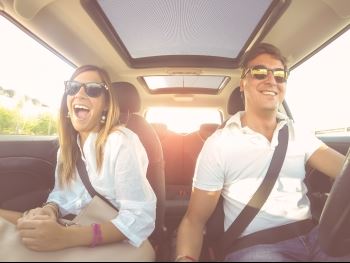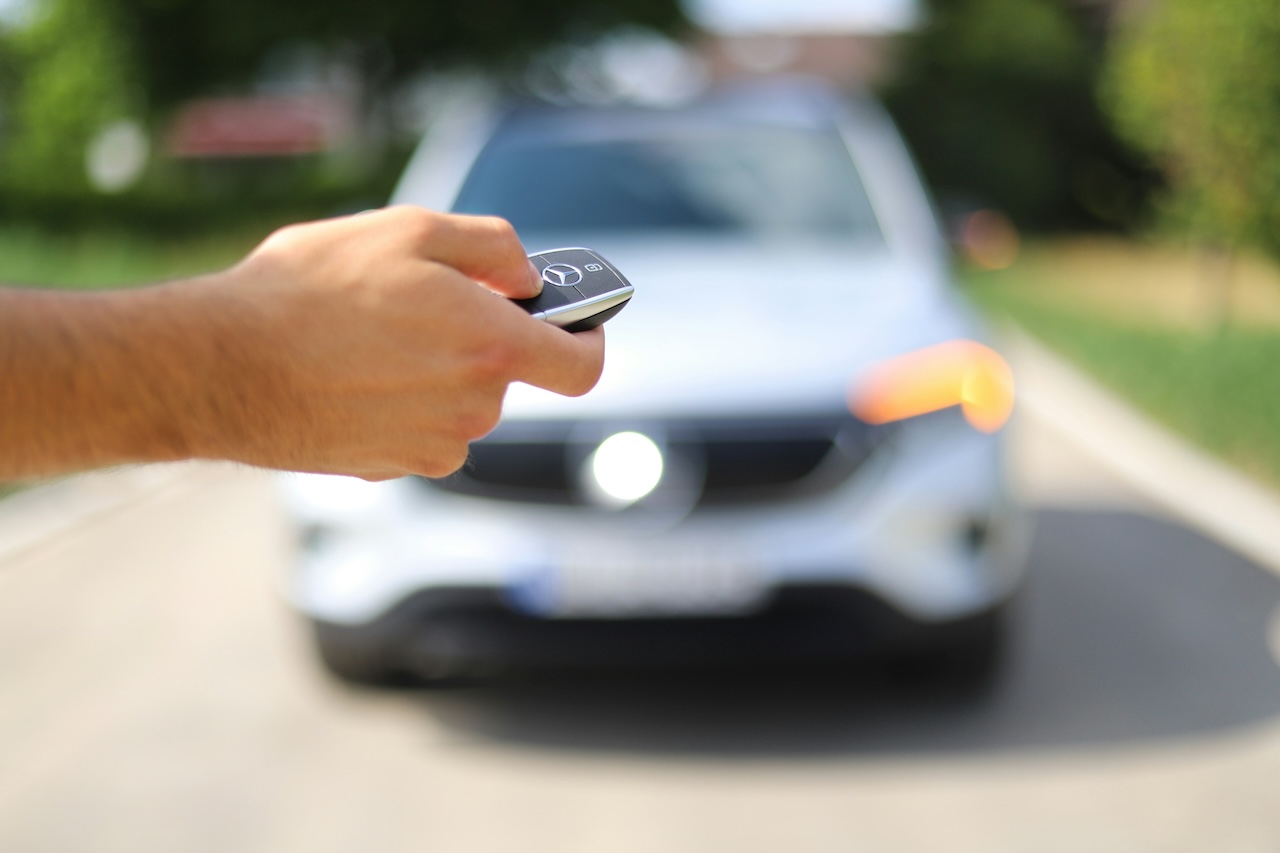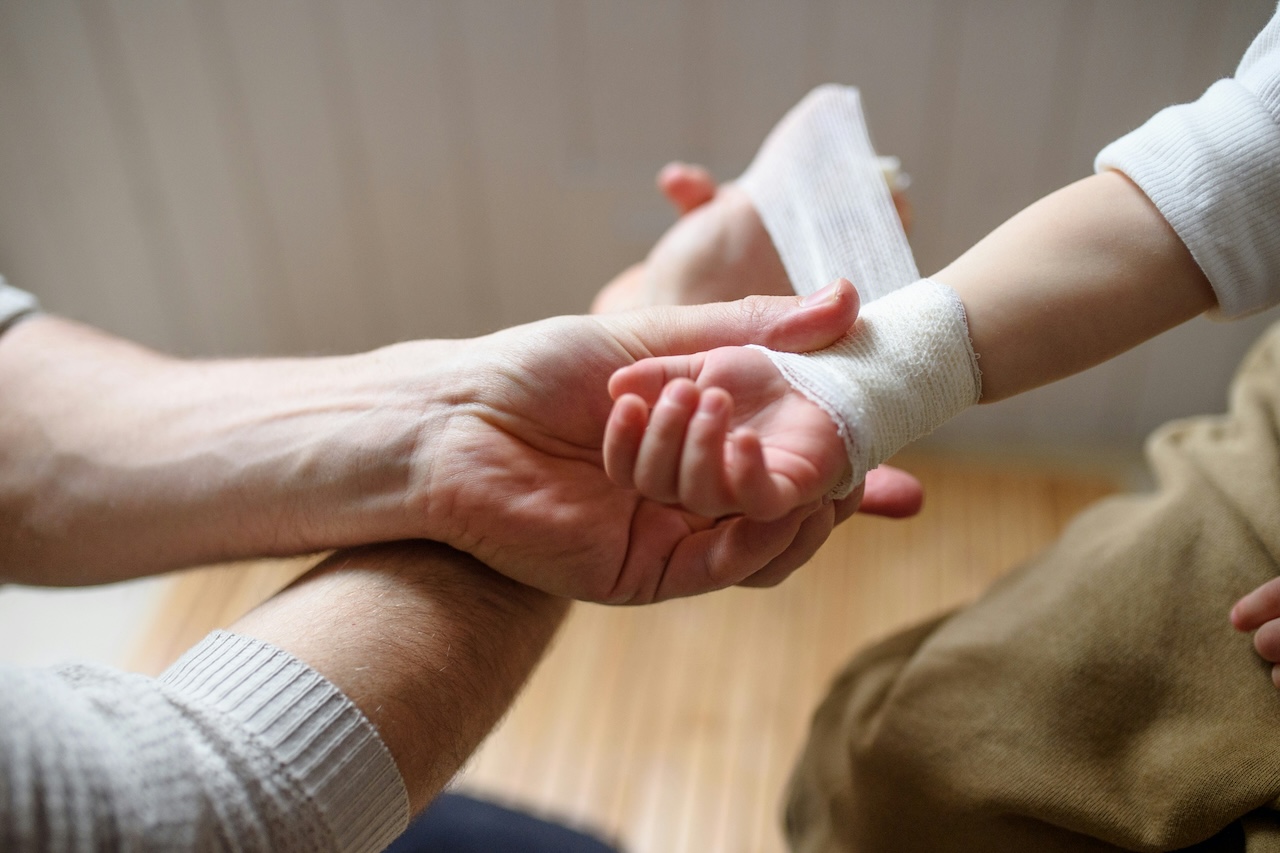Happy Memorial Day weekend! For many, Memorial Day signals the unofficial start of the summer season. And for Virginia residents, summer means drives to the beach.
As summer approaches, the routes to Virginia Beach (and the state’s other coastal towns) will see an increase in traffic that mirrors the rising temperatures. Unfortunately, more traffic can contribute to more car accidents.
If you are driving to the beach this summer, a few simple safety measures can keep you, your passengers, and other drivers safe! Before you hit the road, make sure you know what you can do.
#1: ALWAYS DRIVE SOBER
If you and your friends plan on stopping into a bar or restaurant and enjoying a few drinks while you are at the beach, make sure to appoint a designated driver for your trip home. Driving under the influence is one of the top causes of car accidents, and doing so only endangers you and others on the road.
#2: DON’T SPEED
Speeding is always dangerous — especially in heavy beach traffic! Don’t let your excitement to get to the beach cause you to drive recklessly.
#3: DON’T TAILGATE THE VEHICLE IN FRONT OF YOU
On a hot summer day, coastal highways can be filled with back-to-back beach traffic. Despite the congestion, you should never tailgate other cars. Tailgating can quickly lead to a rear-end collision if the driver in front of you suddenly stops. Try to leave at least one car length between your vehicle and others at all times.
#4: USE CAUTION WHEN CHANGING LANES
In congested beach traffic, the closeness of other cars can make changing lanes difficult. If you have to switch lanes, always check your mirrors and your blind spots to ensure there are no other vehicles in the space you want to move into.
#5: BE OBSERVANT
The best thing you can do to keep yourself and others safe on the road is to be observant. When driving, you should constantly be aware of the other vehicles around you, avoid distracted driving, and stay focused!
Following these precautions will help keep you safe on beach trips, but are important tips for everyday driving too! Of course, accidents can happen — when they do, call us.
If you’ve been injured in a car accident, Huffman & Huffman Brothers-in-Law, PLLC can help. Contact us online or call (757) 599-6050 to schedule a free consultation. We are available via phone 24/7!
 Text Us
Text Us  Call Us
Call Us 







